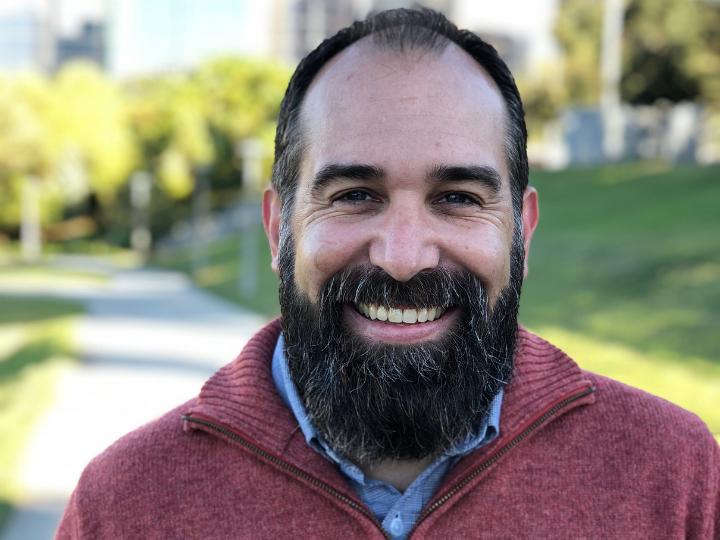Survey indicates majority of people were unprepared in early stages of COVID-19 pandemic

Credit: University of Houston
Since the onset of the COVID-19 pandemic last year, medical experts have stressed the importance of having a plan in the event of a positive test result. Where should you self-isolate? Do you have personal protective equipment for family members? Who should you notify about your diagnosis? An overwhelming 96% of healthy, educated adults surveyed by University of Houston researchers in the early stages of the pandemic did not have a comprehensive plan in mind, while 62% didn’t have a plan at all.
“What that suggests is that it was difficult even for very high functioning people to digest and use all the complex information that was quickly emerging about COVID. They were largely unprepared and unsure how to proceed,” said Steven Woods, UH psychology professor and corresponding author of the study published in the Journal of Clinical and Experimental Neuropsychology.
The World Health Organization declared COVID-19 a pandemic on March 11, 2020. Woods and Michelle A. Babicz, first author and UH clinical psychology doctoral student, spoke to 217 participants by phone between April 23 and May 21, 2020. Survey participants completed standard measures of neurocognition, health literacy, intelligence, personality and anxiety, while also answering questions about their COVID-19 information seeking skills, knowledge and adherence to recommendations from the Centers for Disease Control and Prevention, such as wearing masks and social distancing.
“The surprising outcome confirms the importance of building basic health literacy skills, because people’s ability to understand numbers and medical terms was associated with how effectively they looked for credible COVID-19 information on the internet, how much they learned about COVID-19, and how they used that information to keep themselves and others safe,” explained Woods, who runs the Cognitive Neuropsychology of Daily Life Laboratory in the UH College of Liberal Arts and Social Sciences.
Researchers point out that if these healthy individuals had a challenging time absorbing COVID-related information, then such challenges may be even greater in people with limited educational opportunities or with neurocognitive disorders, such as Alzheimer’s disease or a brain injury, due to low health literacy and impaired memory.
“People with lower neurocognitive ability may be at higher risk for acquiring and using misinformation about COVID-19, which could have downstream implications for both personal and public health,” said Babicz.
The researchers offer an array of effective techniques for individuals to improve their ability to learn and remember health information, including spacing, which is processing new information over time rather than cramming it in all at once. In addition, they suggest using flash cards to test knowledge recall and elaboration — the practice of building a story around what one has learned.
“The findings may also help with the development and targeting of information campaigns as new public health crises inevitably emerge,” Babicz added. “We suggest these campaigns use language and constructs that are accessible to persons with low levels of health literacy, perhaps through community-based participatory research approaches.”
###
Other collaborators on this study included Anastasia Matchanova; Luis D. Medina; Rheeda Walker, all of the UH Department of Psychology; and Kenneth Podell, Houston Methodist Hospital.
Media Contact
Sara Tubbs
[email protected]
Original Source
https:/
Related Journal Article
http://dx.




